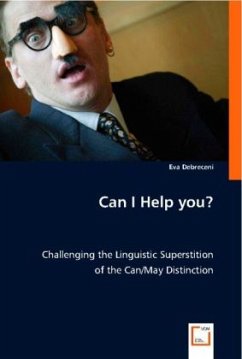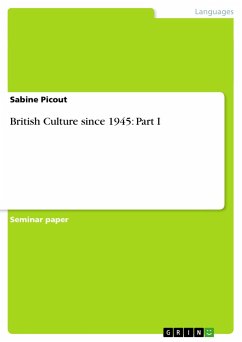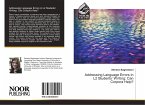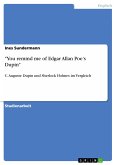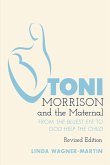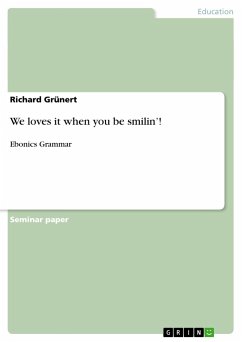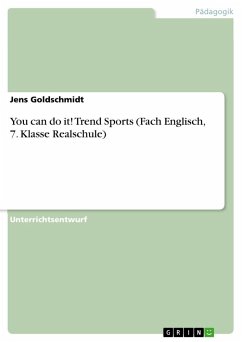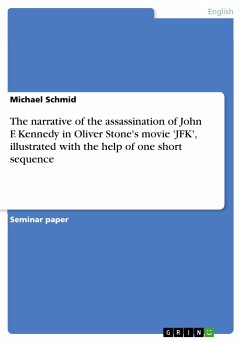The main aim of investigation for this book was to detect whether the traditional distinction between the use of may for permission and can for ability in formal register is still applicable. For this reason, a corpus-based study of the linguistic phenomenon was carried out on a special field of communication: interactions between the seller-buyer dyad. Thus, the corpus included marketing communication in three forms: the mass media, interpersonal and extrapersonal communication. Corresponding to the linguistic field studied, this book consists of a general description of the use of the deontic can in various dialects, followed by a presentation of politeness and formality in contemporary English. It also comments upon recent marketing communication trends and introduces communication theory, showing the interdependency of different media and language use in general. The findings of the analysis supported the hypothesis that the distinction between the two modals was to be considered out-dated. Consequently, according to contemporary English language usage, can for deontic purposes serves as a possible synonym of may in similar contexts, without any difference in register.
Bitte wählen Sie Ihr Anliegen aus.
Rechnungen
Retourenschein anfordern
Bestellstatus
Storno

